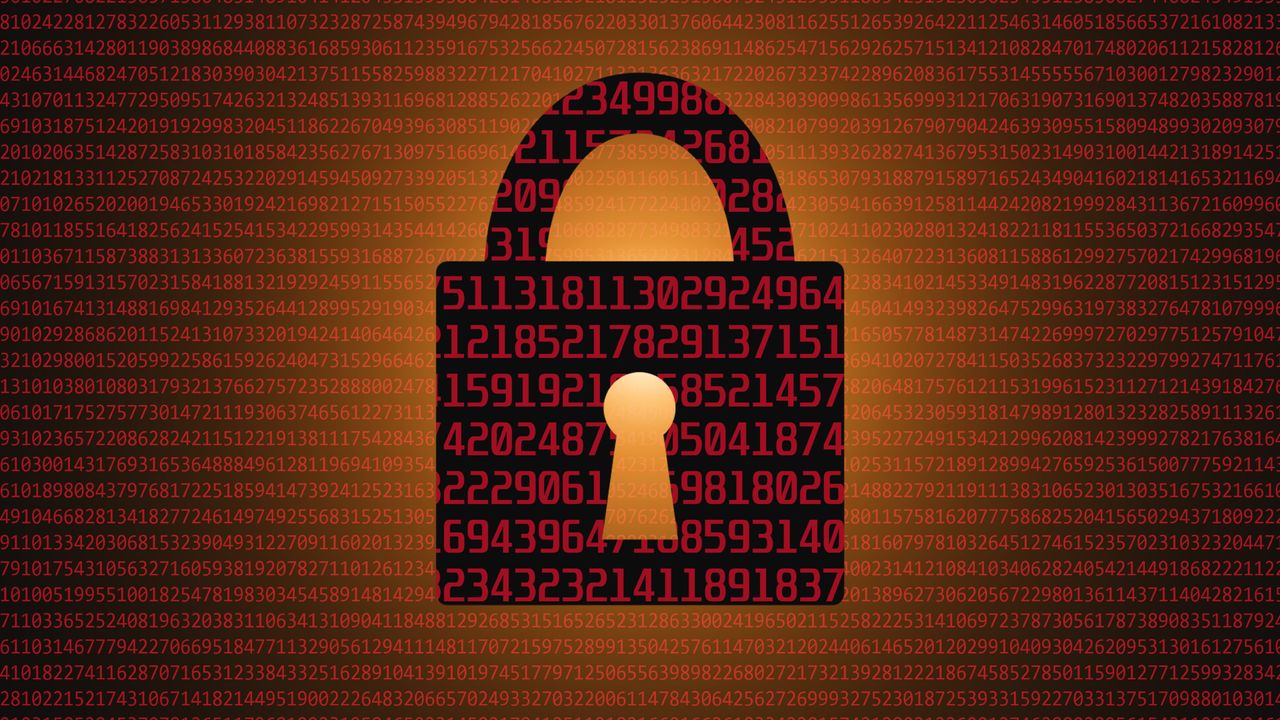সাধারণ নির্বাচনের সময় তানজানিয়ায় ব্যাপক ইন্টারনেট বন্ধের খবর পাওয়া গেছে – আমরা যা জানি তা এখানে

Reports indicate a nationwide internet blackout across Tanzania, coinciding with general elections and reports of public protests. Afghanistan experienced a similar lockdown earlier this month. Tanzania is currently experiencing a widespread internet shutdown coinciding with a highly contested general election. Reports from across the country, later confirmed by internet monitoring group NetBlocks, show severely degraded connectivity and blocked access to popular social media platforms and messaging services like X (formerly Twitter), WhatsApp, and Instagram. Completely blocked for many users. #Tanzania is experiencing a near-total #internet blackout amid election day protests. Traffic began to decline around 09:30 UTC (12:30 local time), now more than 90% below previous week’s levels. Follow current status at https://t.co/zUnhyxqw0x pic.twitter.com/i3GkIPs9vGO. October 29, 2025: Disruption began as polling stations opened and continues as post-election tensions rise. The shutdown has created an information vacuum, making it incredibly difficult for journalists, election observers, and citizens to communicate and share information about the electoral process and emerging protests in some regions. The blackout comes as the government has reportedly deployed the military to quell unrest. You may like This move to control the flow of information is a tactic increasingly seen around the world, particularly during times of political instability. By limiting access to the digital world, authorities can suppress dissent, impede protesters from organizing and controlling the situation, and limit the spread of independent reporting from the field. A well-known tactic globally. The situation in Tanzania is not an isolated incident, but rather part of a worrying global trend where governments are resorting to internet shutdowns as a tool of control. Digital rights organizations have documented numerous instances of national connectivity being limited or completely shut down during elections, protests, or periods of civil unrest. Commenting on the total disruption, Tigere Chagutah, Amnesty International’s Regional Director for East and Southern Africa, said: “Reports of a nationwide internet disruption in Tanzania threaten to further escalate the situation. Authorities must provide unrestricted access to information both online and offline, ensure full access to the internet, and respect the responsibility of local and international media to cover independently authorities’ responsibility to ensure the freedom of local and international media to cover independently before, during and after the elections.” Authorities have a constitutional duty to ensure respect for human rights for all.” Tigere Chagutah, Amnesty International’s Regional Director for East and Southern Africa. A similar, though more extreme, situation was seen when Afghanistan implemented a complete internet shutdown. Powerless in the face of a complete network shutdown when core internet infrastructure is switched off. The events in Tanzania and Afghanistan highlight the critical importance of a free and open internet, especially during times of national significance. Once the government decides to switch off the power, citizens are isolated, vulnerable, and kept in the dark. Such actions limit access to vital information, restrict communication with the outside world, and undermine fundamental rights to freedom of expression and assembly, often with devastating social consequences. Follow TechRadar on Google News, and add us as your preferred source for information. Our expert news, reviews, and opinion in your feed. Be sure to click the “Subscribe” button!
প্রকাশিত: 2025-10-30 22:55:00
উৎস: www.techradar.com










